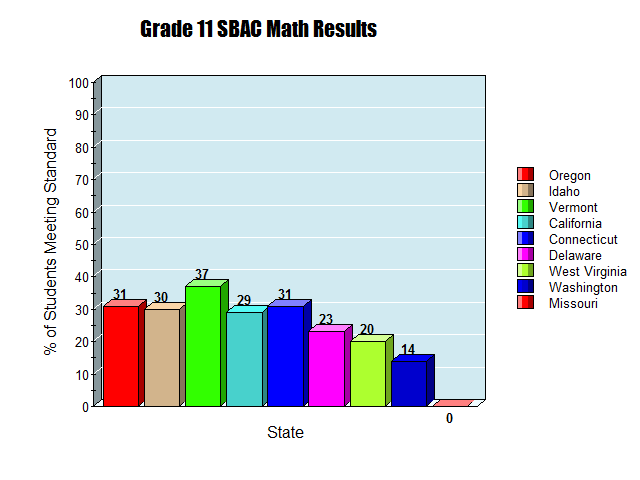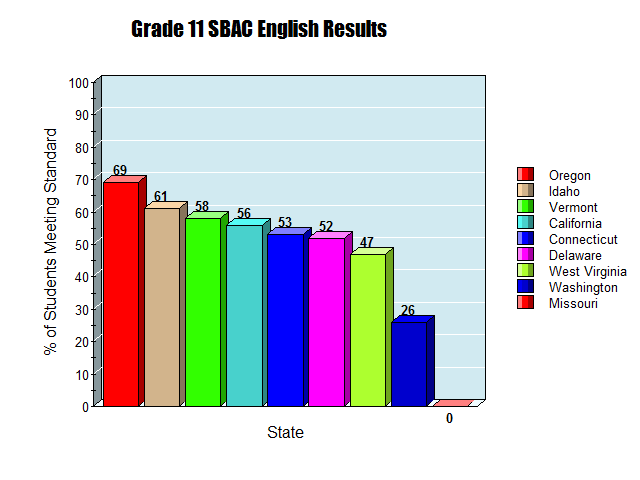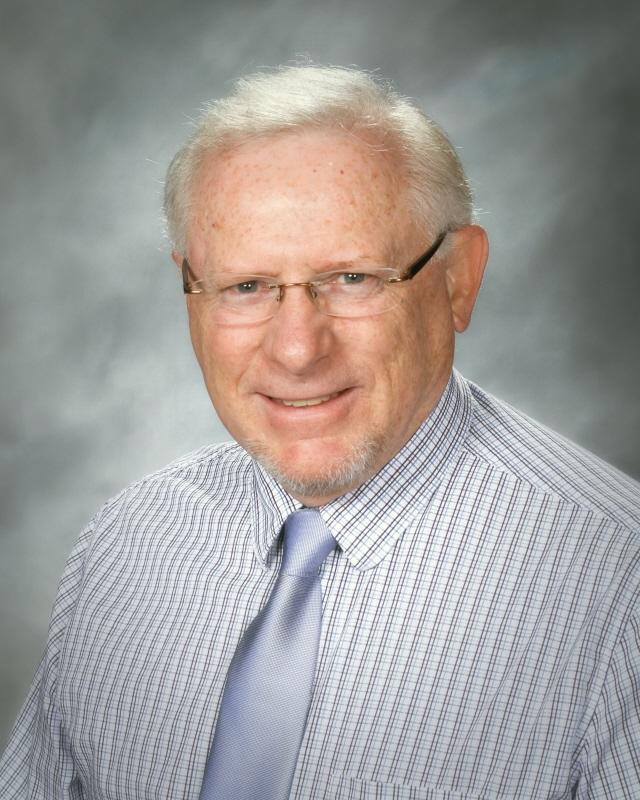Standardized testing: The multi-billion dollar industry
March 22, 2016
School testing corporations spent $20 million lobbying for policymakers in pursuit of federal and state testing mandates, according to a report by the Center for Media and Democracy.
Testing is a $20 to $30 billion industry nationwide, the Center said.

“It’s very discouraging when that’s the reality of our country,” English teacher Jake St. John said. “Lobbyists can buy politicians and force these mandates onto the education system… It’s punitive and I think it’s destructive and unfair for the people. I didn’t get into teaching to administer these tests. It’s one of my least favorite things about my job.”
St. John pulled his own children from standardized testing at the middle school level. The average student in America will take 112 mandatory standardized tests between kindergarten and graduation, eight tests a year, according to a study by the Council of the Great City Schools.
“As a parent I am disgusted with the amount of testing my middle schoolers are subjected to,” St. John said. “It’s not learning. Our district’s assessment calendar needs to have a serious overhaul. The SBAC at the middle school level… It’s a test for the sake of testing.”
Several emails were sent to the SBAC media center. Attempts to contact a spokesperson were unsuccessful. Wenatchee School District Assessment Coordinator Karen Allen and WHS Assistant Principal Donna Moser were unavailable for comment at time of publication.
“SBAC should be part of preparing students for the real world,” English teacher Neil Zobel said. “If it’s a test to just be a test, that’s the wrong motivation. If legislators want to know what’s going on in the classroom, they need to come into a classroom… I think it’s well intentioned, at this point I still think it needs to be reviewed and what’s being asked on the test is what’s being taught in the classroom.”
Zobel believes that having one standardized test is insufficient to fully grasp a student’s ability.

“Snapshots don’t work,” Zobel said. “You can have students who do well on one test one day, but give the test on a different day with what’s going on in their life and they could have a totally different score… Classroom testing, material development, and the teacher over a whole semester can comprehend the growth and progress of a student’s ability, rather than that one glimpse.”
St. John doubts the validity of the test as well.
“Why are we doing this? Because someone sold us a test,” St. John said. “Those same people who designed the curriculum we now teach, all of those people are in bed. There’s so much money to be made… Teaching for me is not about a test. I am a humanities teacher, that is about being human. More and more, we are dehumanized.”
St. John said that he was frustrated with the lack of communication and transparency around the test.

“I am fearful of discussing my student’s options,” St. John said. “I don’t know. I have, as a parent, done a lot of research and it’s been confusing and made me angry as a parent… The entire staff saw [the SBAC test] for the very first time just yesterday. It’s very vague.”
According to FairTest.org, more than 625,000 public school students opted out of taking state assessments in the 2015 testing season nationwide.

“Standardized tests measure little of what parents and others want children to learn and experience in schools. They do not measure creativity, critical thinking, collaboration, leadership or empathy,” the FairTest website says. “Many schools narrow their focus to the tested subjects of math and reading. Other important subjects are sidelined. Opting out calls for better assessment models.”
Parents can opt out their children by sending a letter to the principal requesting that their child be excluded from testing. The (ESSA) “specifically authorizes states to allow parents to opt their children out of exams.” Additionally, the same bill dictates that local educational areas must inform parents of the option to opt-out. Parents in the Wenatchee School District were not informed of this option, according to Counseling & Assessment Secretary Cindy Murie.
SBAC scores in Washington state for high school juniors are the second lowest reported in the nation out of the nine states that reported. Seventy-four percent of juniors taking the English exam did not reach a “proficient” score and 86 percent of students taking the math portion failed to reach the same standard.
The lowest reporting state was Missouri, where not a single student reached a proficiency rating in either portion, according to EdSource.

Tom Wright • Mar 22, 2016 at 1:09 pm
The use of the bar graphs depicting how poorly WA students do on the SBAC test is next to worthless unless we know what percentage of students took the test and how much prep was given in these states specifically designed to render good results. Comparing more standard tests on the ACT and SAT shows that WA students are very much on par with the high scoring states shown on the SBAC graphs because percentages of students taking these tests are given. Also, the demographics of each state certainly plays into scores achieved especially when those demographics show poverty levels among other categories for determining the validity of the scores. Mr. St. John is spot on when commenting on how much money is being tossed around to lobbyists from groups like Pearson in order to grease the wheels for the testing industry.